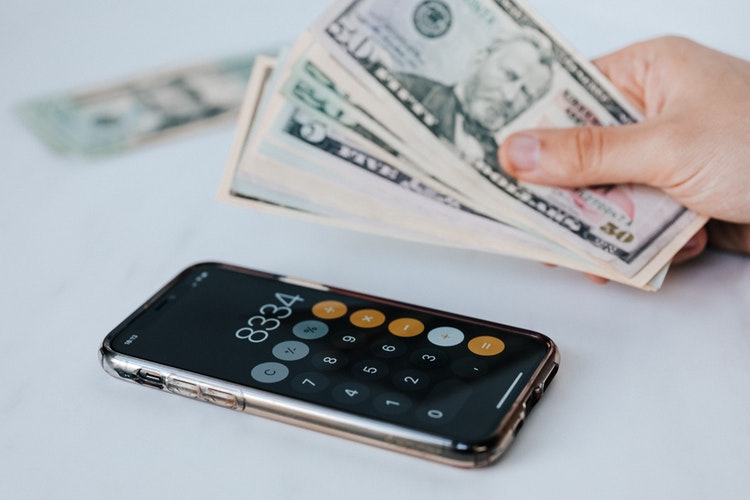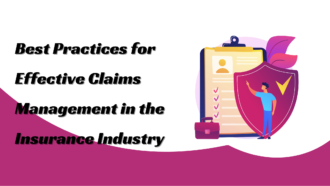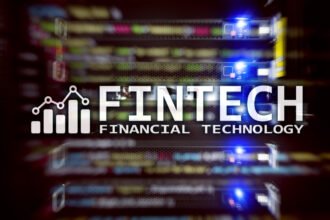When Is It A Good Idea To Use Your 401(k) to Pay Off Debt?
For most people, a 401(k) retirement plan is a crucial part of their long-term financial strategy. This employer-sponsored savings plan allows you to save and invest a portion of your paycheck before taxes are taken out. However, as life sometimes comes with unforeseen financial hitches, many are tempted to tap into their retirement funds prematurely. A pressing question then arises: When is it a good idea to use your 401(k) to pay off debt?
Here are six scenarios where it might make sense:
When You’re Facing Severe Penalties Or Bankruptcy
Before you consider using your 401(k) to pay off debts, it’s essential to explore other options. There are various programs and initiatives that can help you manage your debt. For example, the IRS program for a fresh start is open to those struggling with back taxes. This program can offer a way out, so it’s advisable to consult with a tax professional before you decide to dip into your retirement savings.
However, if bankruptcy looms and you’ve exhausted all other avenues, accessing your 401(k) might be a feasible option. Still, remember that this should be your last resort, as it may significantly set back your retirement plans.
When You Can Pay It Back Quickly
401(k) loans are different from direct withdrawals. They let you borrow up to 50% of your account balance or $50,000, whichever is less.
While it’s generally not advisable to borrow from your retirement fund, if you are confident that you can pay the loan back promptly and avoid the risk of default, this might be a good option for you. But always remember, every dollar you borrow is a dollar less growing tax-free for your retirement.
When Your Job Security Is High
Tapping into your 401(k) for debt relief might be reasonable if your job security is strong.
In most cases, if you lose your job or change employers, your 401(k) loan becomes due typically within 60 days. This can lead to a financial crisis if you’re not prepared. So, if you’re considering this route, be sure you have a stable employment situation.
When Your Debt Interest Is Substantially High
Sometimes, it might be worth it to use your 401(k) to pay off high-interest debt, such as credit cards. For instance, if the interest rate on your debt significantly exceeds the rate of return on your 401(k) investments, it may make financial sense to pay off that debt.
However, you must also factor in the potential tax implications and the opportunity cost of not having those funds available for retirement.
When You’re Over 59½
If you’re over the age of 59½, you can withdraw from your 401(k) without incurring the usual 10% early withdrawal penalty. If you find yourself in debt during this period, it might be more acceptable to use some of your retirement savings to clear the debt. However, you will still have to pay regular income tax on the withdrawn amount.
When You Have A Solid Plan For Recovery
It’s crucial to remember that using your 401(k) to pay off debt is a stop-gap measure. It does not solve the root cause of your debt. In some cases, it might make sense to use these funds if you have a well-thought-out recovery plan in place. This could include changes in spending habits, increases in income, or a strategy to avoid future debt.
Using your 401(k) without a solid plan to prevent further financial distress can leave you vulnerable in the future, especially as you approach retirement. If you choose this route, make sure it’s part of a larger, sustainable plan toward financial stability.
In Conclusion
While it might sometimes seem like a good idea to use your 401(k) to pay off debt, it’s crucial to remember that the primary purpose of these funds is to ensure a comfortable retirement. It’s generally more beneficial to look at other avenues before dipping into your retirement savings.
Always consider the long-term implications and seek advice from financial professionals when making such decisions. The potential risks and rewards vary greatly depending on your personal circumstances. Always remember, your future self will thank you for prioritizing your long-term financial security over short-term relief.


















